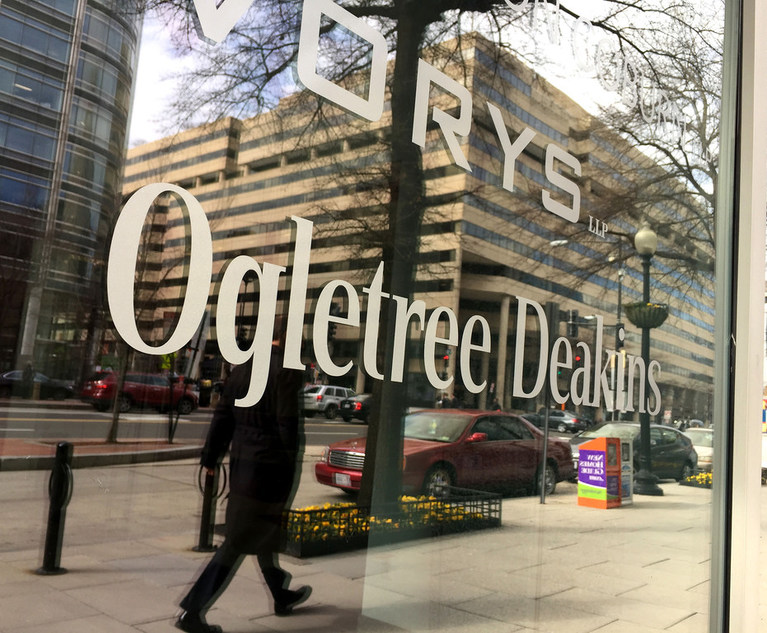A refugee once told me he had pushed his disabled father from Syria to Turkey in a wheelchair. When they reached the border, it was too dangerous to cross because guards were shooting at refugees. A smuggler told the son to wait for the sun to go down and cross the border alone. He said he would take the father by a different route on horseback and they would reconnect at a prearranged meeting point in a village on the other side.
The son didn’t know what to do. If he turned back, his father could die in the war in Syria. If he tried to take him across the border in the wheelchair, the guards could kill him. He gave the smuggler all the money he had, waited until nighttime, and crossed the border alone.


 Rohingya people wait in line for supplies at a refugee camp in Cox’s Bazar, Bangladesh. Credit: Ismail Ferdous/Bloomberg
Rohingya people wait in line for supplies at a refugee camp in Cox’s Bazar, Bangladesh. Credit: Ismail Ferdous/Bloomberg







